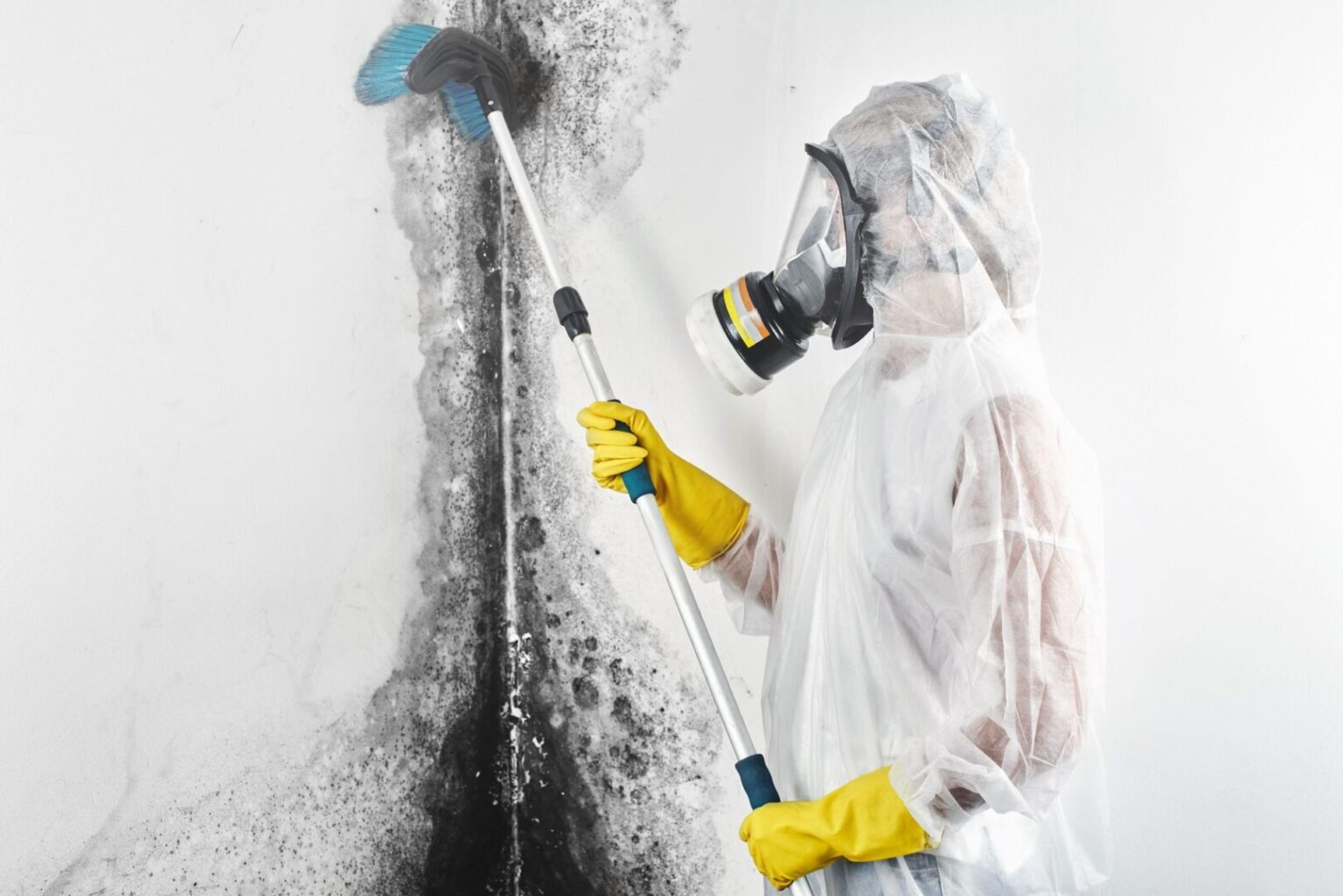Waterproofing plays a critical role in maintaining the integrity and efficiency of residences and facilities. As moisture can penetrate structures from various sources, such as rain, snowmelt, or soil moisture, the significance of adequate waterproofing cannot be understated. Aluneed basement waterproofing and property managers often overlook this crucial aspect of building, believing that it is merely a protective step rather than a core part of sustainable design.
When it comes to energy efficiency, waterproofing helps to create a protection that keeps excess moisture at bay, preventing harm to insulation and minimizing energy waste. A properly waterproofed building can maintain stable indoor temperatures, ultimately leading to lower energy bills and better comfort. By putting resources in effective waterproofing solutions, property owners not only protect their investment but also support to eco-friendly construction practices. Understanding how waterproofing impacts the overall performance of a property is crucial for making wise decisions about care and improvements.

### The Importance of Waterproofing for Energy Efficiency
The significance of waterproofing in boosting the energy efficiency of buildings cannot be overstated. When a property is properly waterproofed, it helps to prevent water intrusion that can lead to dampness and mold growth, which not only compromises indoor air quality but also requires additional energy to regulate temperature and humidity.
